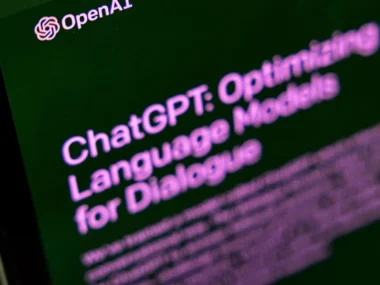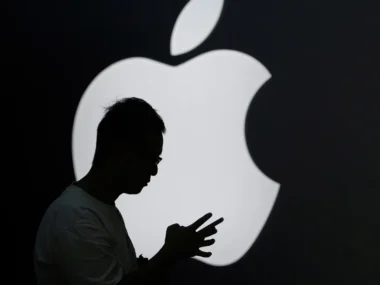Company to sell current shares in a ‘tender offer’ headed by venture company Thrive Capital, in a similar deal to early last year.
The New York Times claimed on Friday that Microsoft-backed OpenAI has closed a deal worth $80 billion or more, citing multiple people familiar with the matter.
According to the report, the corporation would sell existing shares in a “tender offer” led by venture firm Thrive Capital. Employees will be able to cash out their firm shares rather than participating in a regular funding round to raise funds for the company, according to the article.
OpenAI did not immediately respond to a request for comment.
The artificial intelligence firm agreed to a similar deal early last year. The venture-capital firms Thrive Capital, Sequoia Capital, Andreessen Horowitz and K2 Global agreed to buy OpenAI shares in a tender offer, valuing the company at around $29bn, the report said. OpenAI has attracted a number of major funding rounds, including Microsoft’s investment of $10bn in January 2023. The company also funded OpenAI in 2019 and 2021.
The launch of OpenAI’s ChatGPT in late 2022 has sparked interest in AI, prompting businesses to investigate methods to harness the technology’s potential. AI has been integrated into a number of products, including Microsoft’s Bing search engine, as the company moves forward with its own research. On Thursday, OpenAI announced the release of Sora, a tool for creating films from text prompts. The day before, it revealed that it was experimenting with deeper memory in ChatGPT to allow the tool to recall more of its users’ talks.
OpenAI CEO Sam Altman is also said to be in talks to acquire a chip maker or otherwise increase the company’s access to the expensive artificial intelligence chips on which its tools rely.
The latest acquisition is the company’s largest financing since a brief period of instability in late 2023, when Altman was sacked by the board before being rehired in response to employee protest.
The significant investments in OpenAI have piqued the interest of regulators, with European Commission officials declaring in early January that they would investigate if Microsoft’s support raises antitrust concerns. On January 24, the Federal Trade Commission in the United States announced that it was looking into whether Microsoft, Google, and Amazon’s investments in AI businesses such as OpenAI harmed competition.











